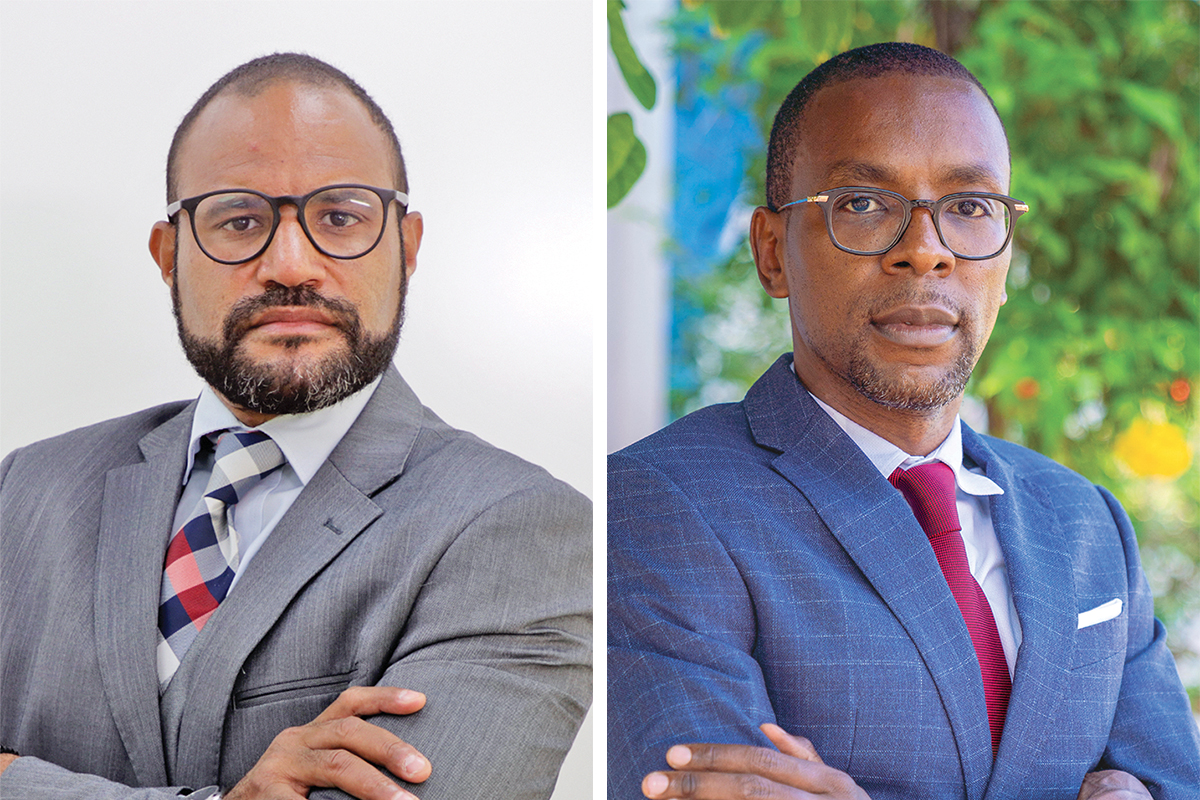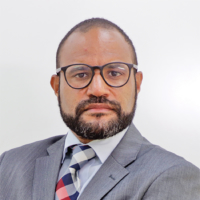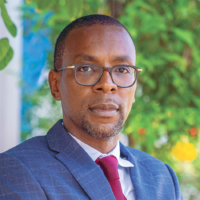Angola’s oil industry has enjoyed a strong upward trajectory for several decades and the country is now one of the top oil-producing countries on the continent. While economic diversification is a promising medium- and long-term goal, the hydrocarbons sector’s rich potential has attracted a string of overseas oil giants, such as TotalEnergies, BP, Eni and ExxonMobil.
Indeed, in the second quarter of this year, Angola took the crown as Africa’s largest oil producer, with data from OPEC revealing it had beaten West African rival Nigeria for the top spot. OPEC’s Monthly Oil Market Report disclosed Angola generated 1.16 million barrels per day in May, placing it ahead of Nigeria, which suffered falls in output. In addition to its important contribution to the Gross Domestic Product, oil comprises more than 90% of total exports, according to data compiled by the World Bank.
Such an impressive scale means opportunities in the upstream and downstream segments abound, with foreign majors utilizing a range of Angolan business for crucial operations and support services, both tangible and intangible. Created almost half a century ago, Sonangol — National Fuel Society of Angola — is the exclusive licensee for exploration of oil and gas in the basement (metamorphic or igneous rock) and on the continental shelf of Angola. The company’s activities span exploration, research and development, marketing, production, storage, transport and refining of hydrocarbons and their derivatives, and can be performed independently or in association with foreign firms.
Oil major Somoil is industry figurehead
In the private sector, the largest local oil company is Somoil, a hugely successful firm that is a textbook example of how private enterprise is supporting socioeconomic development through substantial investment, employment, training and creation of significant foreign exchange. Headed by dynamic CEO and Chairman Edson dos Santos, the firm has thrived in recent years by adopting a culture of innovation and commitment to excellence across its broad spectrum of operations.
These include core activities like oil exploration and production in onshore and shallow water blocks, development and marketing of crude oil and its derivatives, along with a network of gas filling stations and a new focus on the development of renewable energies rather than just traditional fossil fuels. Earlier this year, the company teamed up with British oil and gas production and development company Sirius Petroleum to acquire interests in world-class energy assets.
The deal for Angolan offshore blocks 18, 27 and 31 was struck with state-owned Sonangol. Prior to that deal, the company reached an agreement with France’s TotalEnergies and Japanese oil major Inpex Corp. involving their respective interests in offshore block 14.
“This opportunity (with Sirius) is aligned with Somoil’s growth strategy; entering ultradeep waters not only enhances our portfolio but represents a huge step towards becoming a major player in the energy industry in Angola,” stated a delighted dos Santos. “Angola has been blessed with really good geology and the success of our exploration is renowned, but also the flexibility that the government of Angola has been showing towards the industry has made a difference. We have plenty of exploration potential in a lot of new activities. In 2022, we’ve seen an increase in the number of drilling rigs; Angola also restarted the handling of exploration wells, which is a very strong sign that the industry is growing again. The positive trend will continue into 2023 and beyond, meaning the energy sector will remain a big contributor to the Angolan economy.”
Having worked closely with Japanese people and companies throughout his career, Minister of Economy and Planning Mário João is generous in his admiration and eager for Japanese investment to help shape and sharpen his country’s future. “Our experience with Japan is one of the best,” he said. “As Japan is the world’s third-most-robust economy, we want to continue to deepen the economic relations with Japan and bring Japanese companies here for the many business opportunities, such as renewables and disruptive technologies in fields like agribusiness, automobiles and phytopharmaceuticals (plant-derived compounds with pharmacological activities),” João added.

Right: Edson dos Santos | © CEO AND CHAIRMAN, SOMOIL
Focusing on the future via renewables
In March of this year, oil titans Eni and BP signed an agreement to create a 50-50 joint venture that will create Angola’s largest hydrocarbons producer. Although the market is home to many international oil companies, Somoil has done an admirable job of retaining lucrative market share. The firm boasts a strong track record of success and amid soaring oil prices has almost doubled its production over two years, a move that helped the award-winning company declare its highest income of all time in 2021.
While extremely proud of its history and roots, Somoil is now trying to move away from oil-only operations and establish activities in the energy arena. At the same time, the senior executive noted, the company wants to ramp up integration by increasing its downstream product portfolio. “Our renewables business is also growing, particularly solar energy,”dos Santos said. “We have also signed a partnership with a big foreign company to help us develop the skill set that we need on the solar side, and we have started with solar panels in Angola.”
Strong and consistent flows of foreign direct investment have been an important factor in Angola achieving its development ambitions in the oil and gas industry and other sectors. While billions of dollars have already arrived, significant potential is still waiting to be unlocked by international investors, many of whom will seek local partners like Somoil to optimize returns on projects.
“There is a lot of stability in Angola, especially in the oil industry,” he said. “The government really listens to private investors and again the oil industry has quite a few examples of that; marginal fields is one. That Marginal Fields decree came out in 2018 and unlocked significant resources.
“We have also had new decrees around natural gas; we can now explore and book reserves — a huge step for a resource that was being basically wasted, but today it’s bringing value to the table. Indeed, gas brought more revenue to Angola in 2021 than diamonds, so that has been a tremendously positive development,” dos Santos said.
“On a less serious note, Angola is a beautiful country with great weather that is blessed in terms of nature — deserts, forests, coastline — so it’s a perfect combination for any investor. Equally important — we are a friendly and truly young population. More than two-thirds of Angolans are young and the evolution in terms of human resources quality and skill set has changed significantly over the last 20 years.
“I’m probably the first generation that graduated from college in my family, but all my young relatives go to college; it’s no longer big news, it’s expected. Human resources are now available in terms of quantity and quality. Most Angolans are bilingual, they speak English or French as well as Portuguese.”
The Luanda-born businessman is eager for international companies to share in the success of the country’s economic growth through FDI or alliances and partnerships with local players, not just in the hydrocarbons industry, but other aspects of the economy, too. “We need more private energy companies,” he said.
“I urge investors from Japan and elsewhere to consider Angola as a place to invest. The opportunities are tremendous, not just in the energy sector, but in agriculture, fisheries, mining and tourism.”
This report was produced by Global Insight and can also be read here:
https://info.japantimes.co.jp/international-reports/pdf/20220826-GI-Angola.pdf
Read full interviews here: www.angola.global-insight.net
www.global-insight.net






